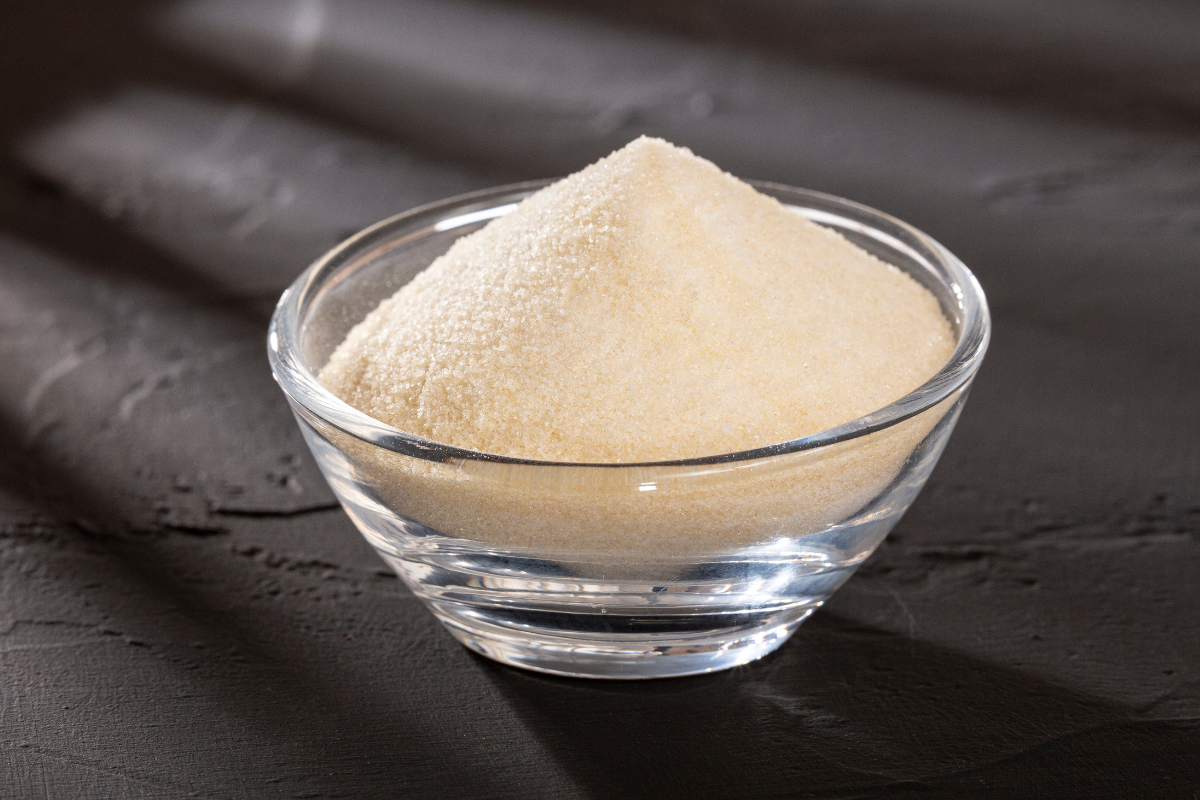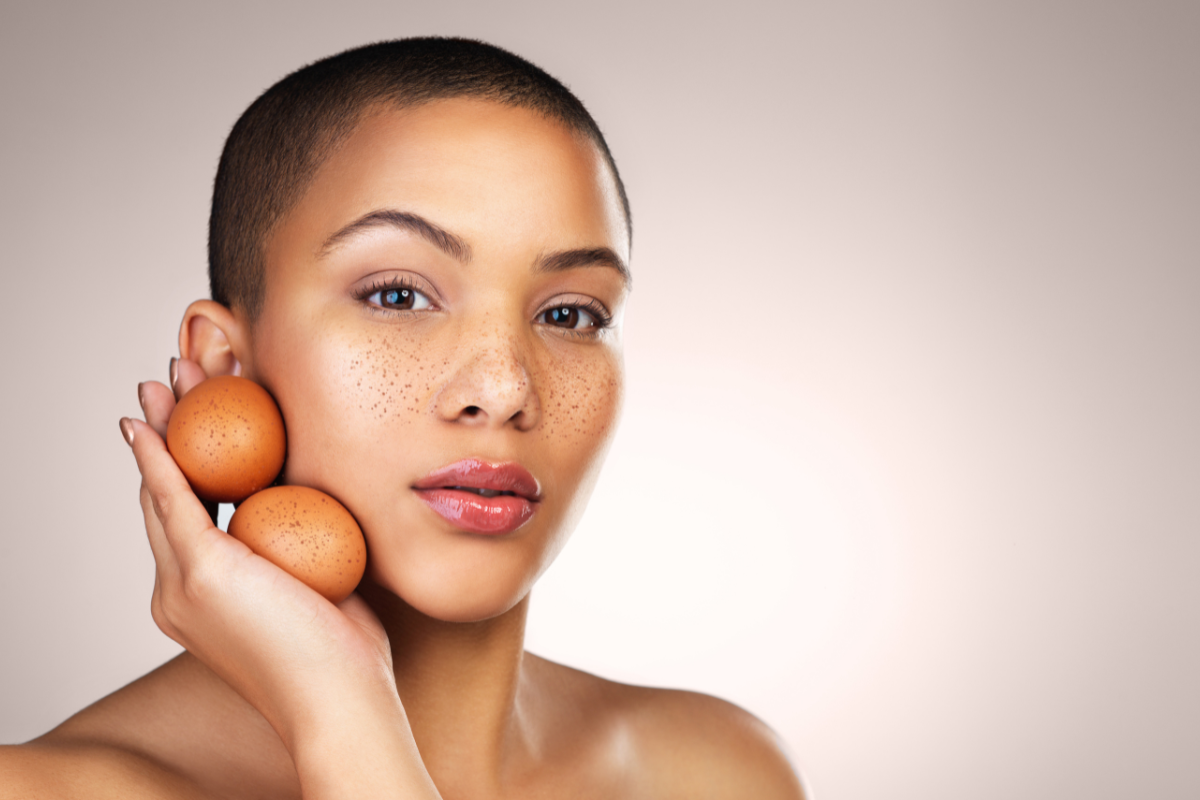Collagen, collagen peptides & gelatin

Collagen, collagen peptides & gelatin
Collagen is a strong, elastic and versatile structural protein. It is found in almost all tissues but is particularly concentrated in skin, joints and connective tissue such as ligaments, cartilage and tendons. Good collagen production is essential for good health. Without proper collagen function in the body, we would literally fall apart and die!
Our cells assemble collagen proteins from amino acids. The amino acids that occur most in collagen are proline, glycine and hydroxyproline. 28 different types of collagen have been discovered, with types 1-5 being the most common types of collagen. Collagen type 1 makes up almost 90% of all body collagen. Our bodies get some of these amino acids from common dietary protein sources, but others, especially hydroxyproline, are found almost exclusively in protein.
Collagen peptides vs. gelatine
There is a lot of confusion about the difference between collagen peptides and gelatin, because they are actually two different forms of the same thing. Both the peptides and the gelatin begin their journey from the protein collagen.
Gelatine
When we cook the parts of, for example, a whole fish or a whole chicken, the process that converts collagen into gelatin begins.
During long and slow heating of e.g. chicken parts or fish parts, the collagen proteins gradually begin to break down into gelatin. This happens via an irreversible denaturation process that changes the protein's shape (the same thing that happens when we, for example, boil an egg). When it is hot, the gelatin is in liquid form, but solidifies when cooled.
Gelatin is a good source of the amino acids your body needs to make collagen, so regularly consuming gelatin provides benefits such as a collagen supplement , such as improved gut health, stronger hair and nails, and improved skin elasticity.
Collagen peptides
Collagen peptides are small fractions of collagen protein that have been broken down into smaller constituents of collagen . This allows collagen peptides to easily and completely dissolve in a variety of hot and cold (unlike "collagen which is in gelatin form") foods and beverages, including smoothies, shakes, coffee and even baked goods.
Like gelatin, these peptides contain all the essential amino acids needed for proper collagen function and health. Regularly supplying the body with these peptides can contribute to more youthful and elastic skin, stronger hair and nails, improved gut health and healthy joints.
- Tags: Kollagen/Collagen






